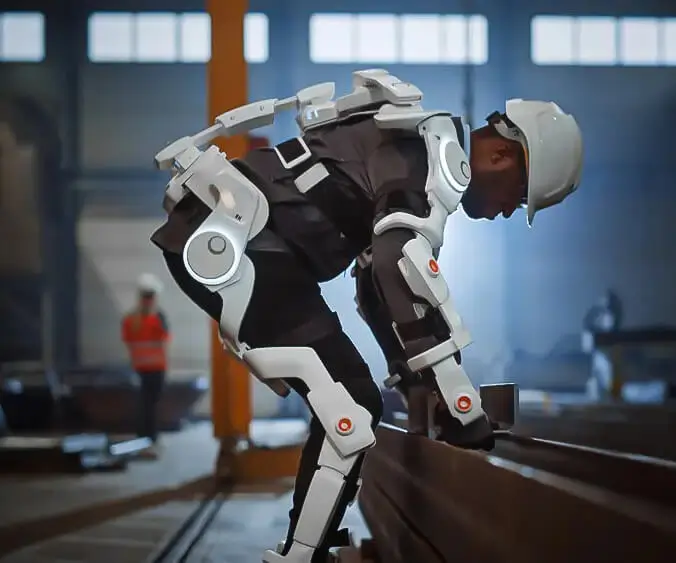When it comes to building software systems, the debate between microservices and monoliths is one that continues to capture the attention of tech teams. Let’s break it down and figure out which one is right for you.

First, think of a monolithic application like a big, solid block. Everything is packed into one single structure. All the features, the logic, the database connections—they're all connected. If one part of the system crashes, the whole thing might go down. Now, this could sound a bit scary, right? But monoliths can actually be simpler to develop in the early stages. If your team is small, or your project isn’t complex yet, a monolithic approach keeps things straightforward. No need to worry about communicating between different parts of your system.
But as your system grows, that big block can become… well, a bit of a headache. You might find that one change affects everything, making it harder to scale and maintain. Imagine you want to update a small part of the application, but the change requires retesting the entire system. Or, say, your traffic spikes in one area, but scaling it up means scaling everything. This can lead to issues of performance and efficiency.
That’s where microservices come into play. Instead of having everything bundled together, you break your system into smaller, independent parts. Each part (or "service") handles a specific task, and communicates with the others through well-defined APIs. So if one service is down, the rest of the system keeps running. You can scale individual services based on demand, which means better performance when things heat up.
Sounds great, right? But microservices aren’t all sunshine and rainbows. They introduce complexity. You now need to manage multiple services, each with its own database, its own codebase, and its own deployment pipeline. There’s a lot more coordination involved. It’s like running a bunch of separate mini-apps that need to work together without tripping over each other.
If you’re thinking, "Well, that sounds like a lot of work," you’re not wrong. Microservices come with challenges. But when done right, they offer incredible flexibility and scalability. If you expect your business to grow fast, or you’re planning for the long term, microservices might be the better choice.
Here’s the thing: it’s not always about choosing one over the other. Some companies have found a middle ground, starting with a monolithic application and then slowly moving to microservices as the need arises. It’s like starting with a solid foundation and then adding modular sections as you expand.
Let’s put this into perspective. If you're running a small e-commerce site, you might not need to jump straight into microservices. You could get by with a monolithic approach for a while, especially if you're keeping your product offerings relatively simple. But, as your business grows and you start offering more products, having that flexibility and scalability that microservices provide can make a real difference.
The key takeaway? Both approaches have their merits, and the right choice depends on your business needs and the stage you're at. There’s no one-size-fits-all answer. Whether you go for the simplicity of a monolith or the flexibility of microservices, what matters is that your system supports your goals and helps you deliver a great experience for your customers. So, whatever path you choose, be sure to plan ahead, because the architecture you choose today can shape your future success.
Established in 2005, Kpower has been dedicated to a professional compact motion unit manufacturer, headquartered in Dongguan, Guangdong Province, China. Leveraging innovations in modular drive technology, Kpower integrates high-performance motors, precision reducers, and multi-protocol control systems to provide efficient and customized smart drive system solutions. Kpower has delivered professional drive system solutions to over 500 enterprise clients globally with products covering various fields such as Smart Home Systems, Automatic Electronics, Robotics, Precision Agriculture, Drones, and Industrial Automation.




































